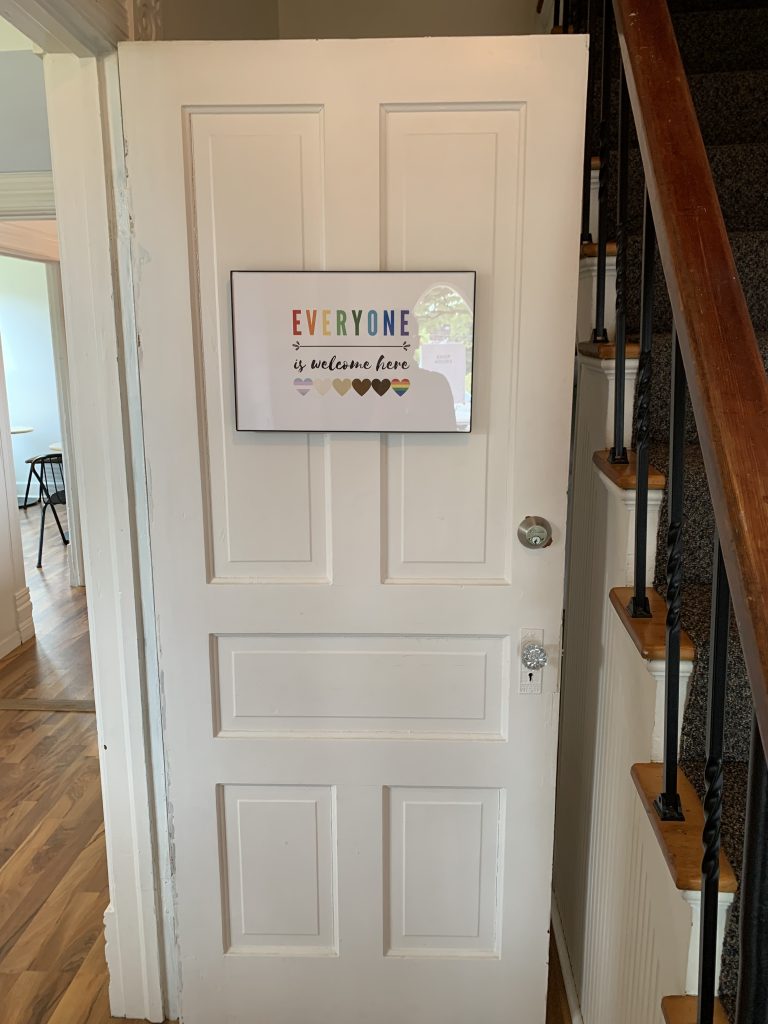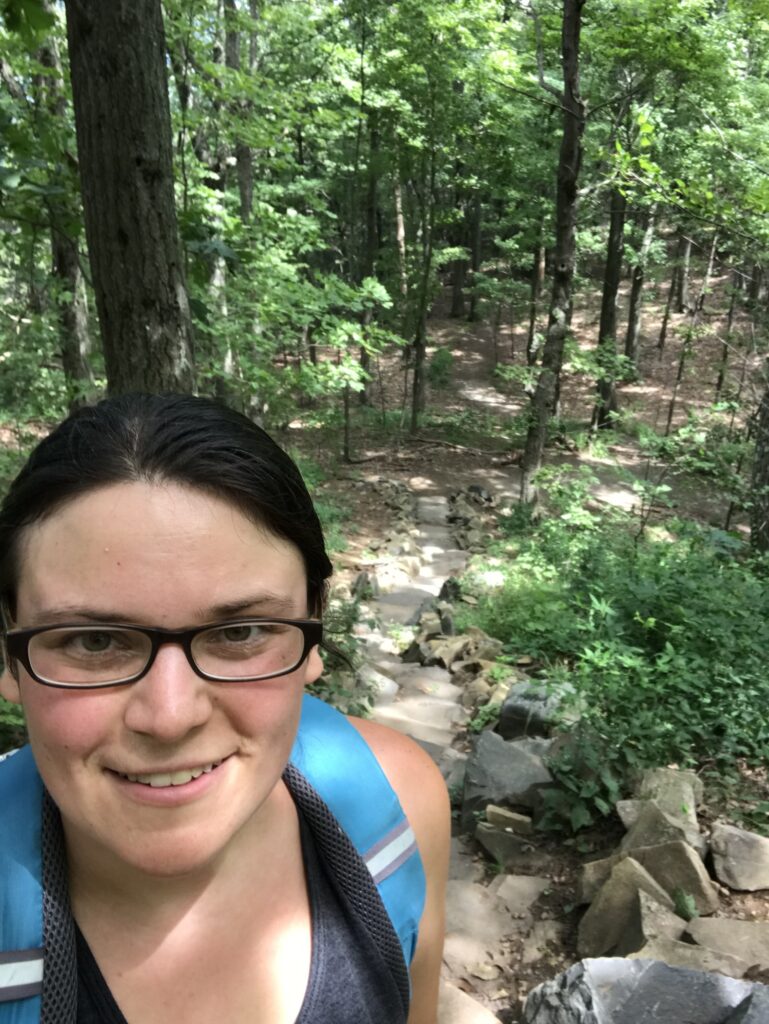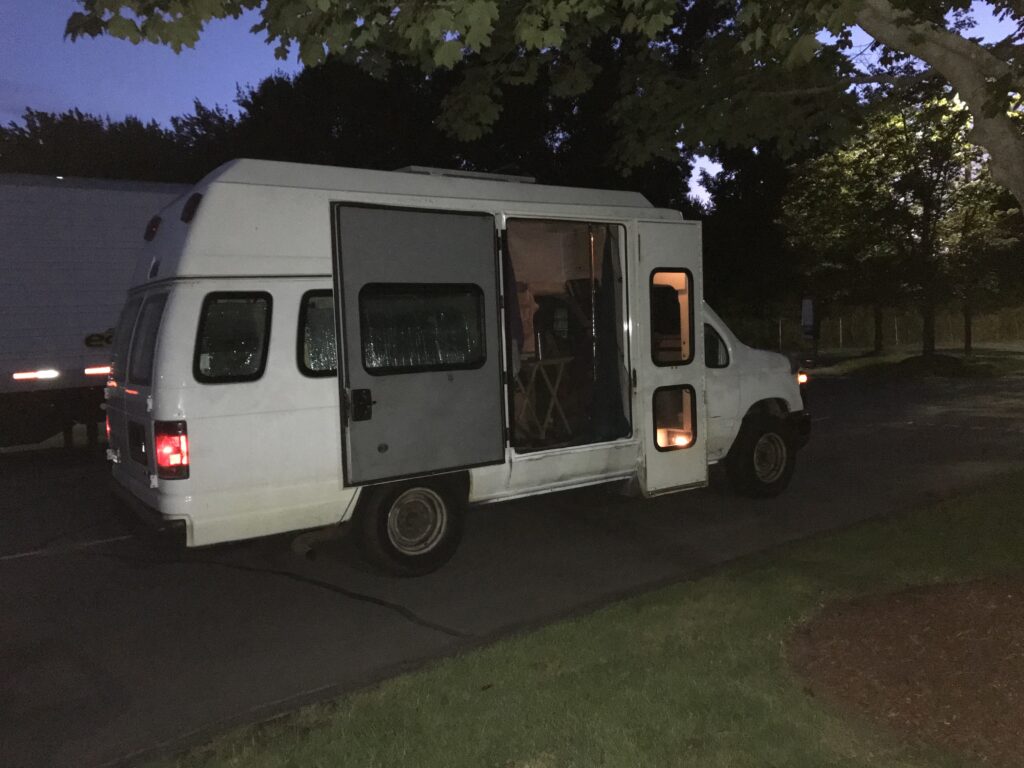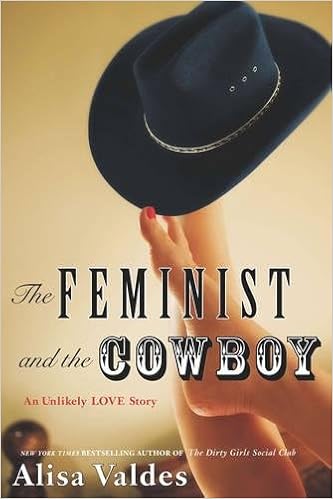Advocating for Writers in the Upper Peninsula

I have a new role model: Alison Watson, the director of the Michigan Arts and Culture Council (MACC). Alison calls herself “scrappy,” and she has a powerful voice that she is not afraid to use. She’s an advocate for Michigan artists and believes in the arts and the good it does. She’s a knowledgable, fun presenter with sensible humor and just the right amount of edge to keep things interesting. She began her address with her childhood, telling us how she got into the creative arts, because this matters—where you begin matters.
So where did my creativity begin? It’s probably somewhere deep in my childhood, where I spent a lot of time on my own, trying to keep myself entertained, especially at my dad’s house on weekends. I started my own games, played in the junkyard (that is a story for another day!), and talked to myself a lot. I felt like I had no one else to talk to. I could easily have become a “bad kid”–I’d already stolen a push-pop from the grocery store and set a box on fire in our backyard! But somehow, I got into books. My dad was a reader, obsessed with Clive Cussler, and we went to the library frequently. I began with My Side of the Mountain, and Julie of the Wolves and Island of the Blue Dolphins. Books where kids on their own survived just fine without other humans—for the most part. They got me through my childhood and teen years by giving me a friend I could connect with; yes, a fictional friend, but a friend nonetheless.
While I was reading, I wanted to start an animal shelter, so I wrote a book and drew pictures about how to start one, and I began gathering scrap metal and wood from the junkyard. Then I wanted to be a vet, because Dad said I couldn’t make a living with a shelter. Then I wanted to be a singer, so my dad got me a karaoke machine, and I sang all the time. Then I wanted to be an author, because the thing about writing is you get to learn everything and write about those things! That last bit hasn’t changed. My greatest weakness is being too interested in a million different things.
Alison advocates for herself, her son, and artists. What have I done? If writing is my passion, my oxygen, the thing that keeps me going, then what have I done to advocate for other writers? After more than two years complaining that the Upper Peninsula doesn’t have an involved writing organization, I’ve decided that it’s time to create opportunity where an opening exists: I am beginning the path to starting a writing organization where I’m at. I am putting my ideas out there publicly hoping that professional and beginning writers will share their interest with me and others.
I ran a weekly write-in for about six months earlier this year, and now I’m working with a group of women to unblock our creativity. What’s next? A meeting to establish a write-in and workshopping group on Saturday, October 12th at The Crib. Take the first step to meet other writers and will-be writers and get your pen to paper. Once you start writing you are a writer.
Advocating for Writers in the Upper Peninsula Read More »





 There are ways to guide your memoir, to nurture it, and there are also some things you should avoid. I recently read the memoir
There are ways to guide your memoir, to nurture it, and there are also some things you should avoid. I recently read the memoir